
How Does Hair Follicle Shape Affect Curl?
Hair follicle shape, a genetic inheritance, sculpts hair's curl, deeply influencing textured hair heritage and traditional care practices.
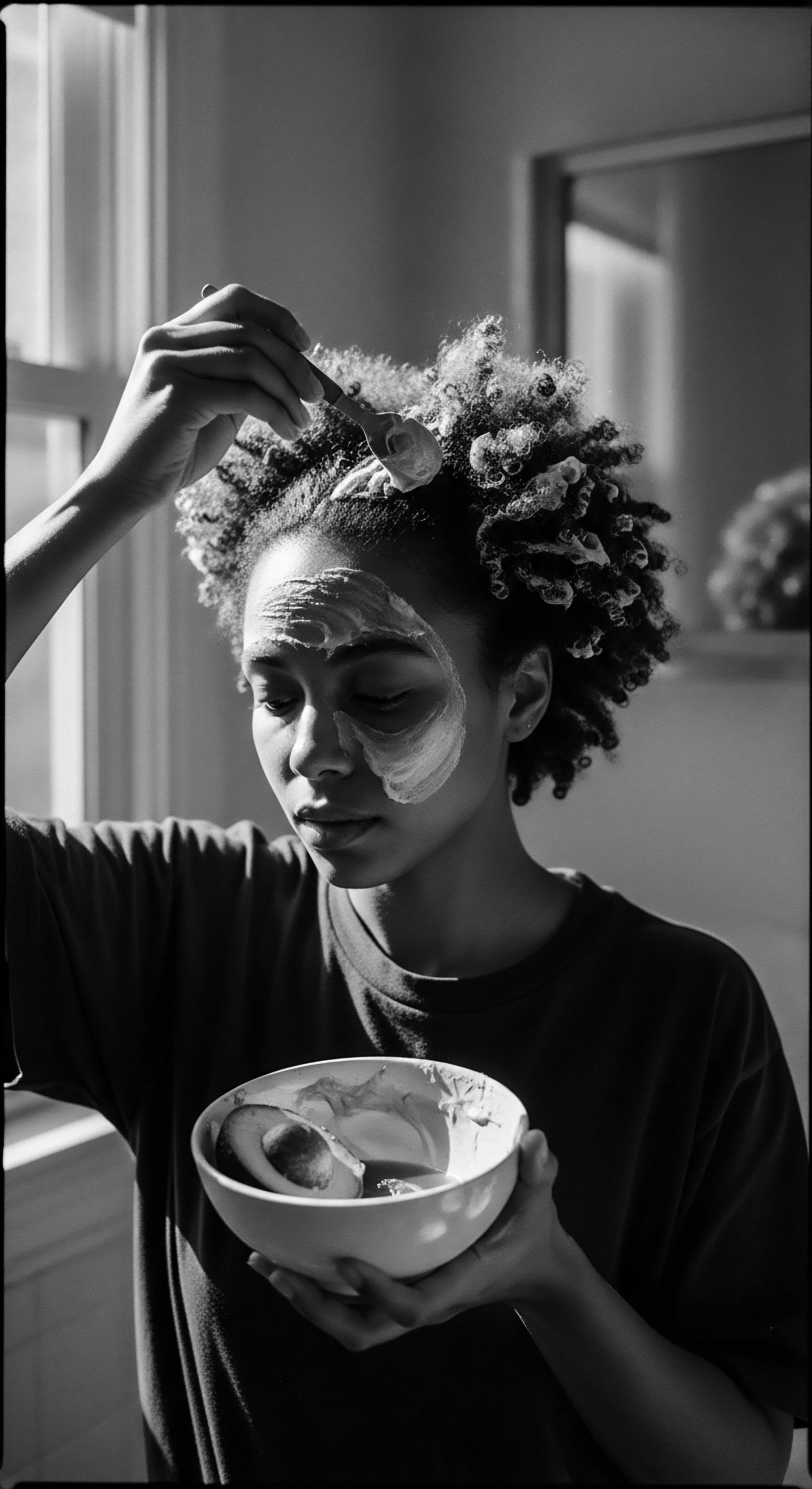
Follicle Safeguarding
Meaning ❉ Follicle Safeguarding is the intentional preservation of hair root health, deeply intertwined with the heritage and traditional care of textured hair.

How Does Follicle Shape Contribute to Textured Hair?
Follicle shape dictates textured hair's spirals, a biological trait deeply woven into ancestral heritage and cultural expression.
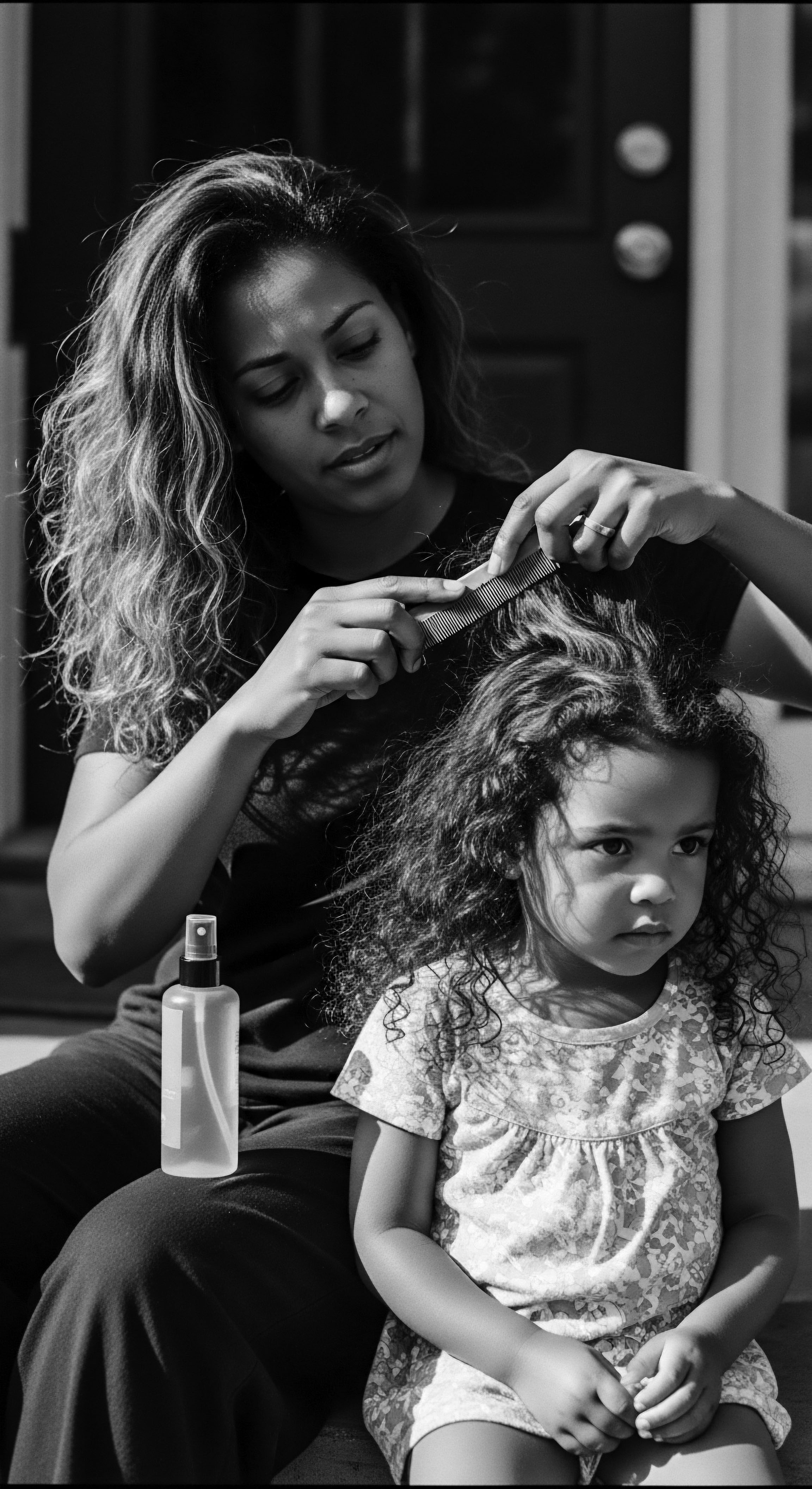
How Does Hair Follicle Shape Affect Curl Patterns?
Hair follicle shape dictates curl patterns, a biological truth deeply interwoven with textured hair heritage and ancestral care practices.
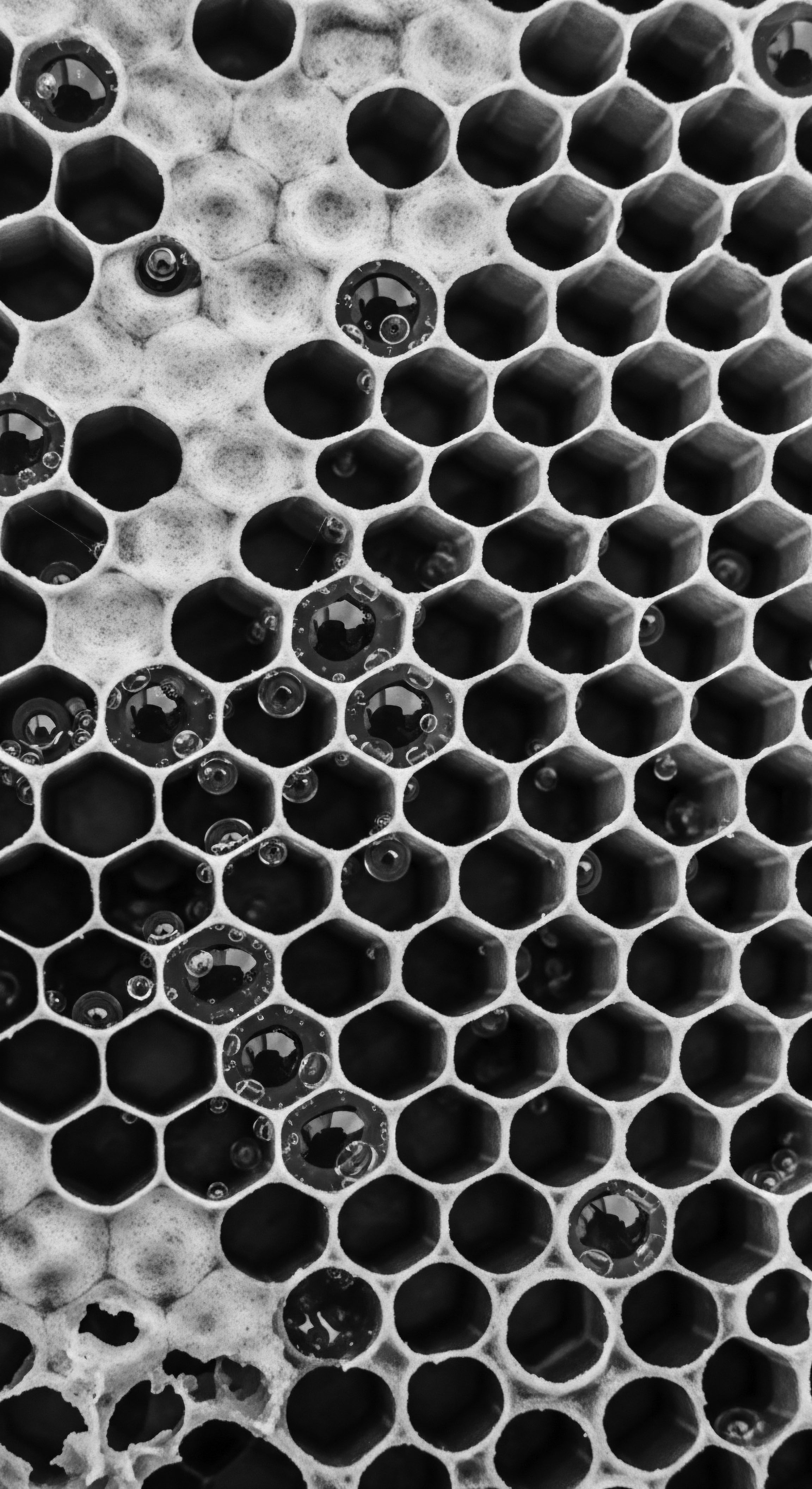
Hair Follicle Lipids
Meaning ❉ Hair Follicle Lipids are essential fatty compounds surrounding the hair follicle, crucial for hair health, barrier function, and integrity.

How Do Traditional Diets Support Textured Hair Growth Cycles?
Traditional diets, rich in ancestral nutrients, intrinsically supported textured hair growth cycles by providing essential building blocks for resilient strands.

Follicle Protection
Meaning ❉ Follicle Protection safeguards the hair's growth origin, critical for textured hair health, deeply rooted in ancestral practices.

How Does the Elliptical Follicle Shape Impact Traditional Styling Heritage?
The elliptical follicle shape is foundational to coiled hair's beauty and dictates historical styling heritage through its unique properties.

Ginsenoside Hair Follicle
Meaning ❉ Ginsenoside Hair Follicle refers to the critical interaction between potent ginseng compounds and the hair's root, rooted in ancestral hair wellness.

How Do Follicle Shapes Influence Textured Hair?
Follicle shape dictates textured hair’s curl pattern, a biological inheritance deeply interwoven with cultural heritage and ancestral wisdom.

Follicle Architecture
Meaning ❉ Follicle Architecture defines the biological blueprint of hair, shaping its texture and inherent qualities from beneath the scalp.

Follicle Memory
Meaning ❉ Follicle Memory is the hair follicle's inherent ability to recall and express its unique, inherited characteristics and growth patterns.

How Do Follicle Variations Impact Textured Hair Moisture?
Follicle shape dictates textured hair's moisture needs; traditions and science both honor this heritage for optimal hydration.

What Historical Significance Does Hair Follicle Shape Hold for Black Hair Heritage?
Hair follicle shape profoundly grounds Black hair heritage in evolutionary adaptation, cultural expression, and enduring resilience.

How Does Understanding Hair Follicle Biology Empower Care in Textured Hair Heritage?
Understanding textured hair follicle biology deepens care by aligning modern science with ancestral heritage practices for optimal health.

Hair Follicle Strength
Meaning ❉ Hair follicle strength signifies the inherent vitality and capacity of the hair root to produce and sustain healthy, resilient hair.
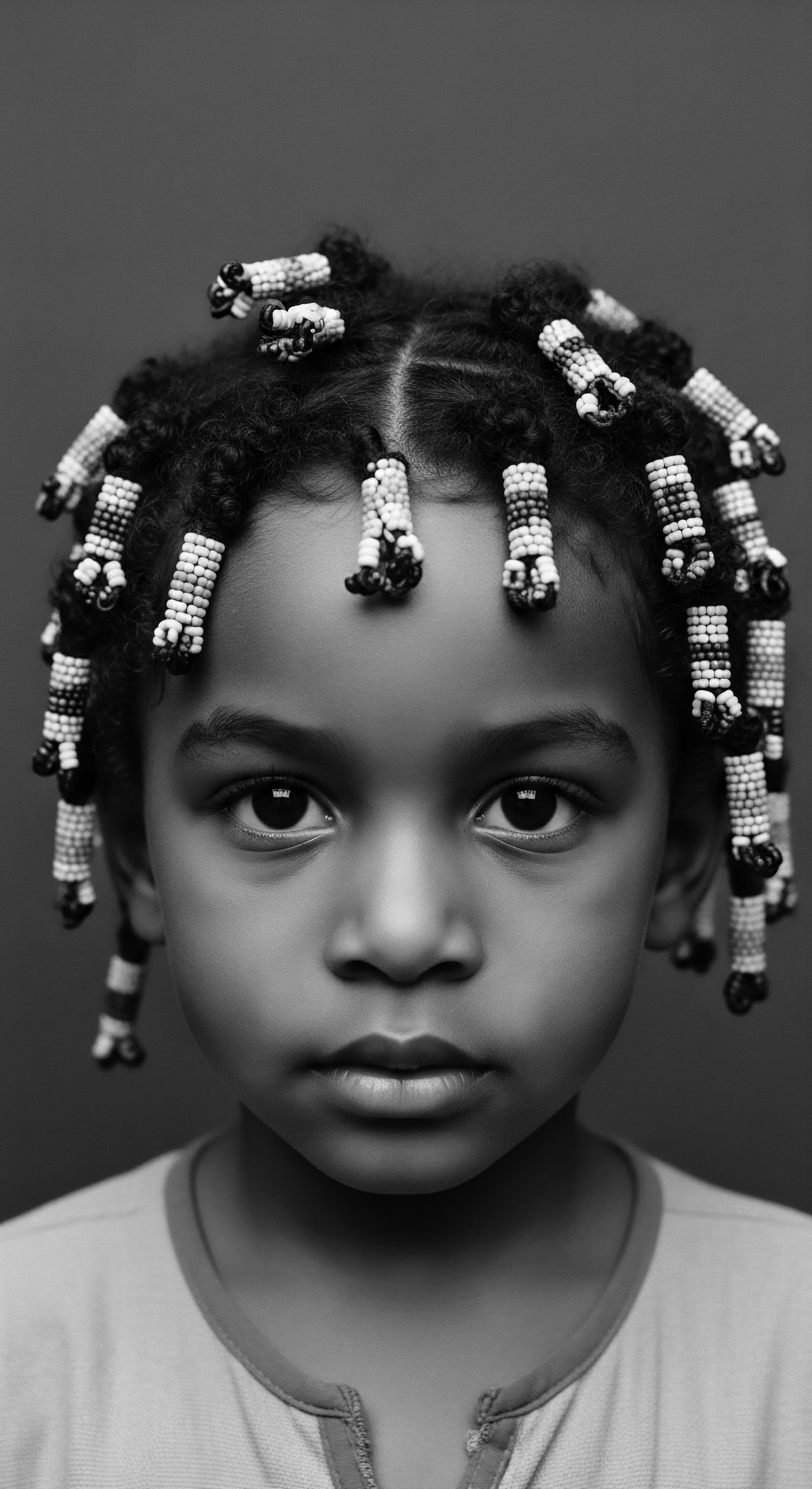
Can Lifestyle Choices Affect the Hair Follicle’s Vitality in Textured Hair?
Lifestyle choices, including nutrition, stress, and hair care practices, profoundly influence textured hair follicle vitality, a connection rooted in Black and mixed-race heritage.

Nutritional Follicle Support
Meaning ❉ Nutritional Follicle Support describes the internal dietary provisions vital for textured hair's optimal growth, structure, and heritage-rooted vitality.

Follicle Differences
Meaning ❉ Follicle Differences define the biological and structural variations in hair follicles that determine hair texture, deeply informing textured hair heritage and care practices.

Can Ancient African Hair Ingredients Offer Modern Benefits for Textured Hair?
Ancient African hair ingredients offer profound, heritage-rooted benefits for modern textured hair, enhancing its strength, moisture, and overall vibrancy.

How Does Hair Follicle Shape Affect Textured Hair’s Resilience?
Hair follicle shape, particularly its elliptical form, directly dictates the unique coiled structure of textured hair, influencing its resilience and centuries of heritage-informed care.

How Does Follicle Shape Dictate Textured Hair Patterns?
Hair follicle shape determines textured patterns, a biological truth deeply woven into Black and mixed-race hair heritage.

How Do Ancient Practices Nourish Textured Hair?
Ancient practices nourish textured hair by leveraging natural ingredients and protective techniques, deeply rooted in cultural heritage and ancestral wisdom.
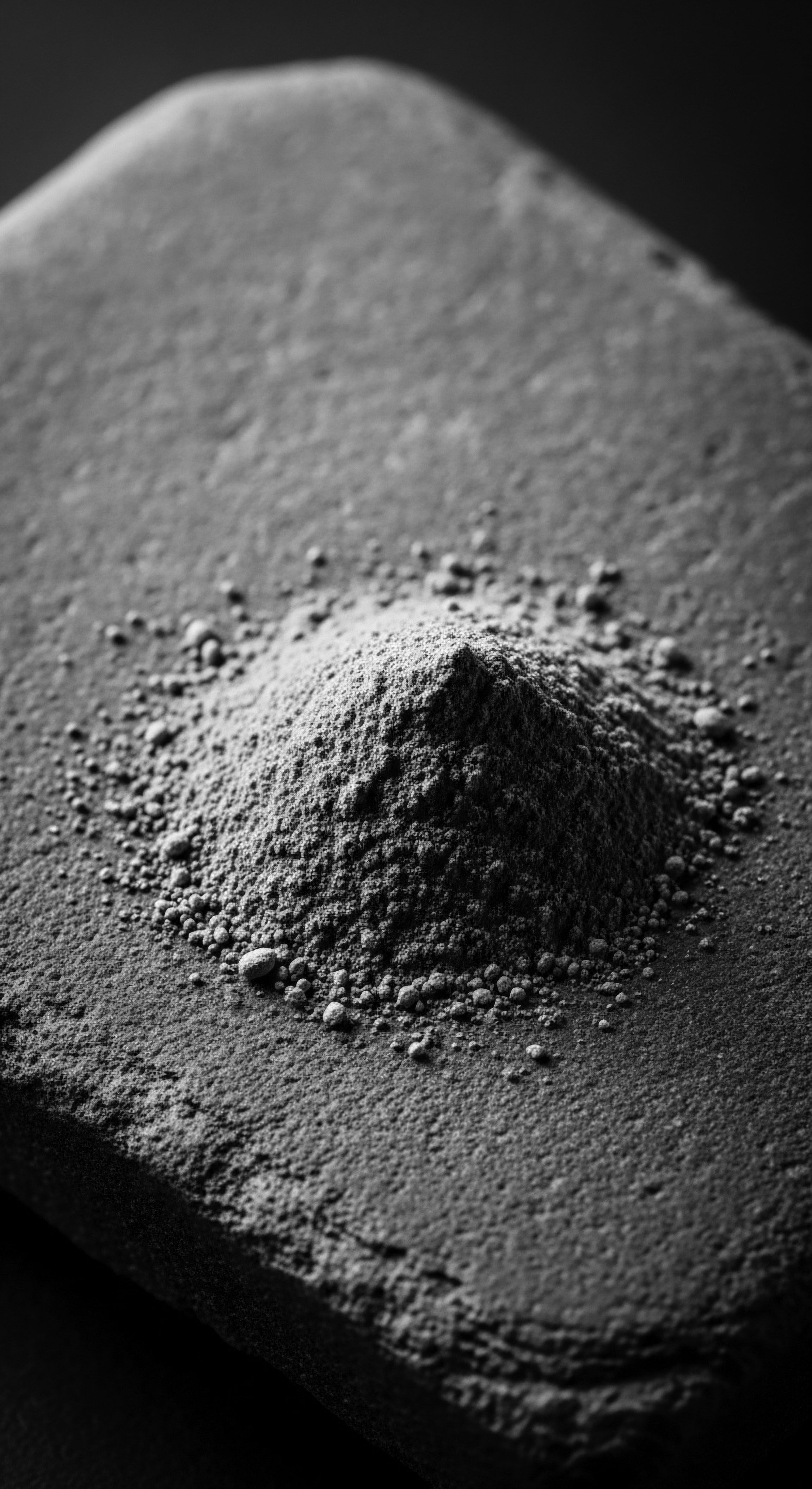
Can Ancient Hair Practices Aid Modern Textured Hair Challenges?
Ancient hair practices offer robust solutions for modern textured hair challenges by grounding care in holistic principles and heritage.

Follicle Strength
Meaning ❉ Follicle Strength represents the inherent vitality and cultural resilience of the hair follicle, especially in textured hair.

